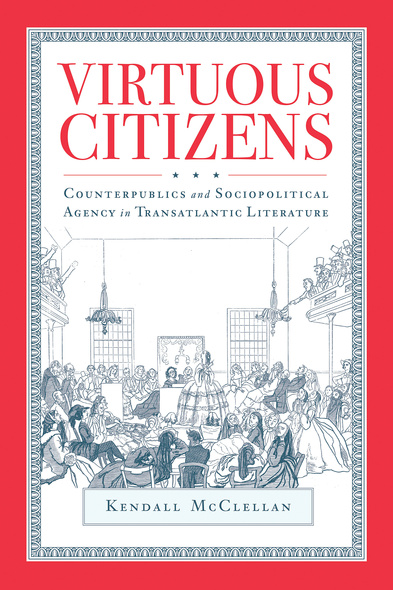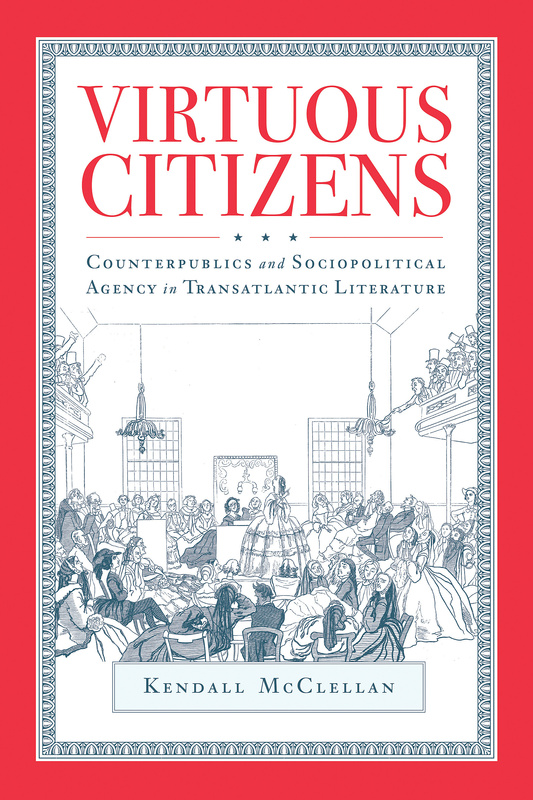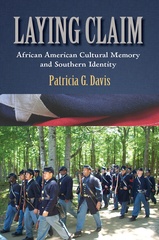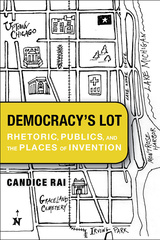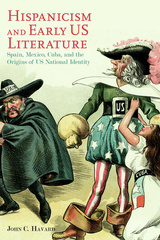Virtuous Citizens
Counterpublics and Sociopolitical Agency in Transatlantic Literature
University of Alabama Press
Demonstrates how contemporary manifestations of civic publics trace directly to the early days of nationhood
The rise of the bourgeois public sphere and the contemporaneous appearance of counterpublics in the eighteenth century deeply influenced not only how politicians and philosophers understood the relationships among citizens, disenfranchised subjects, and the state but also how members of the polity understood themselves. In Virtuous Citizens: Counterpublics and Sociopolitical Agency in Transatlantic Literature, Kendall McClellan uncovers a fundamental and still redolent transformation in conceptions of civic identity that occurred over the course of the eighteenth and nineteenth centuries. Literature of this period exposes an emotional investment in questions of civic selfhood born out of concern for national stability and power, which were considered products of both economic strength and a nation’s moral fiber. McClellan shows how these debates traversed the Atlantic to become a prominent component of early American literature, evident in works by James Fenimore Cooper, Catharine Maria Sedgwick, Sarah Josepha Hale, and Harriet Beecher Stowe, among others.
Underlying popular opinion about who could participate in the political public, McClellan argues, was an impassioned rhetorical wrestling match over the right and wrong ways to demonstrate civic virtue. Relying on long-established tropes of republican virtue that lauded self-sacrifice and disregard for personal safety, abolitionist writers represented loyalty to an ideals-based community as the surest safeguard of both private and public virtue. This evolution in civic virtue sanctioned acts of protest against the state, offered disenfranchised citizens a role in politics, and helped usher in the modern transnational public sphere.
Virtuous Citizens shows that the modern public sphere has always constituted a vital and powerful space for those invested in addressing injustice and expanding democracy. To illuminate some of the fundamental issues underlying today’s sociopolitical unrest, McClellan traces the transatlantic origins of questions still central to the representation of movements like Black Lives Matter, the Women’s March, and the Alt-Right: What is the primary loyalty of a virtuous citizen? Are patriots those who defend the current government against attacks, external and internal, or those who challenge the government to fulfill sociopolitical ideals?
The rise of the bourgeois public sphere and the contemporaneous appearance of counterpublics in the eighteenth century deeply influenced not only how politicians and philosophers understood the relationships among citizens, disenfranchised subjects, and the state but also how members of the polity understood themselves. In Virtuous Citizens: Counterpublics and Sociopolitical Agency in Transatlantic Literature, Kendall McClellan uncovers a fundamental and still redolent transformation in conceptions of civic identity that occurred over the course of the eighteenth and nineteenth centuries. Literature of this period exposes an emotional investment in questions of civic selfhood born out of concern for national stability and power, which were considered products of both economic strength and a nation’s moral fiber. McClellan shows how these debates traversed the Atlantic to become a prominent component of early American literature, evident in works by James Fenimore Cooper, Catharine Maria Sedgwick, Sarah Josepha Hale, and Harriet Beecher Stowe, among others.
Underlying popular opinion about who could participate in the political public, McClellan argues, was an impassioned rhetorical wrestling match over the right and wrong ways to demonstrate civic virtue. Relying on long-established tropes of republican virtue that lauded self-sacrifice and disregard for personal safety, abolitionist writers represented loyalty to an ideals-based community as the surest safeguard of both private and public virtue. This evolution in civic virtue sanctioned acts of protest against the state, offered disenfranchised citizens a role in politics, and helped usher in the modern transnational public sphere.
Virtuous Citizens shows that the modern public sphere has always constituted a vital and powerful space for those invested in addressing injustice and expanding democracy. To illuminate some of the fundamental issues underlying today’s sociopolitical unrest, McClellan traces the transatlantic origins of questions still central to the representation of movements like Black Lives Matter, the Women’s March, and the Alt-Right: What is the primary loyalty of a virtuous citizen? Are patriots those who defend the current government against attacks, external and internal, or those who challenge the government to fulfill sociopolitical ideals?
In this fascinating study of counterpublics and civic virtue in the late-18th and early-19th centuries, McClellan gathers an impressive array of transatlantic sources to demonstrate how subaltern citizens forged civic identities that bridged the private and the public. . . . This slim volume is dense with ideas, well researched, and clearly written. It will be relevant to scholars interested in the juxtaposition of citizenship, politics, and literature, and anyone drawn more generally to the history of dissent within the public sphere will find much to ponder. Recommended’
—CHOICE
‘McClellan’s book is a model of painstaking scholarship. Her methodology is explicit, her original arguments robustly situated against and among existing secondary sources, and her prose lucid without sacrificing sophistication. Her choices of primary sources both reveal fresh insights by working over canonical territory and delve into peripheral and neglected works that introduce fresh material for consideration.’
—Studies in the Novel
‘By placing political and economic philosophy in dialogue with popular literature, and particularly sentimental novels by women, Virtuous Citizens uncovers transformations in conceptions of civic identity that preceded and enabled the political activism of our own time. McClellan offers a captivating literary history, written in lucid and accessible terms, of the moment when liberalism became central to Anglo-American notions of citizenship.’
—Juliet Shields, author of Nation and Migration: The Making of British Atlantic Literature, 1765–1835
McClellan’s Virtuous Citizens is an ambitious and vital contribution to our literary and political conversations. Especially given the turbulent world in which we live, this book is a reminder that for every attempt to limit our understanding of the public or marginalize voices out of it, we can also find resistance to those injustices and efforts to expand democracy. This is a welcome and timely book.’
—Scott Henkel, author of Direct Democracy: Collective Power, the Swarm, and the Literatures of the Americas
Kendall McClellan is lecturer in the Department of English at California State University Channel Islands. Her peer-reviewed scholarship has appeared in MP: An Online Feminist Journal and the edited collection Nineteenth-Century British Travelers in the New World.
Contents
Acknowledgments
Introduction
Chapter 1. Private Virtue Goes Public: Civic Activism in the Middling Classes
Chapter 2. Gilbert Imlay’s “Static Utopia”: Antidemocratic Radicalism
Chapter 3. The Virtue of Self-Government: Fear of, or Faith in, the People
Chapter 4. “Possessed with an Idea”: American Abolitionism and Counterpublic Protest
Conclusion: Private Virtue, Counterpublics, and Political Autonomy
Notes
Bibliography
Index

